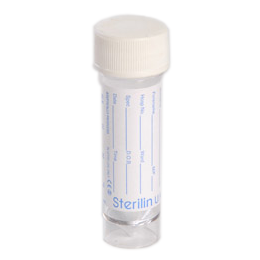
Sounds a bit like providing a urine sample, doesn’t it? But what I’m talking about is an extract from my book, not my body.
There are similarities, I suppose. A urine sample allows doctors to check the health of your body, possibly diagnosing if there are any problems, or giving you the all clear if everything’s tickety-boo. (I never know how to spell that. Mind you, it’s not something I write that often, even though I am a historical novelist.)
A book extract lets readers gauge the health or otherwise of your book. It’s a small sample from which they can decide whether the book is any good.
Hmm. Bit of a strained analogy, perhaps. And now that I think about it, the differences are greater than the similarities. After all, when you’re giving a urine sample, you can’t really choose which bit of urine you give. I suppose you could, if you had enough of those little bottles they give you to fill up. Generally though, what you wee is what you get.
With a book extract, you get to choose which bit of your baby to slice off and lay raw and bleeding in front of uncaring strangers.
It’s a really hard thing to do.
Because the power of a book builds over the course of reading it. Each scene leads into the next, preparing the ground, sewing the seeds. Which also means every scene is inextricably linked to what has come before, reliant on it.
What I’m saying is that the momentum of the story is an important part of any book. And an extract cannot convey any of that.
Anyhow, my publisher asked me to provide a sample, I mean an extract, so I did.
I chose a scene from near the beginning of the book. The setting is Colney Hatch Lunatic Asylum. The main character, Silas Quinn, has just been admitted as a patient.
